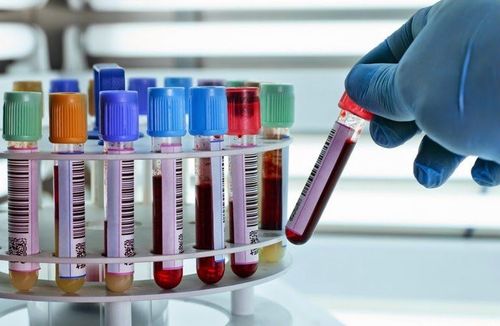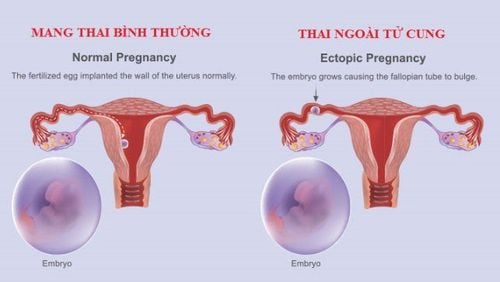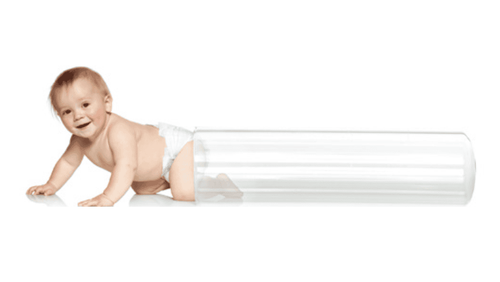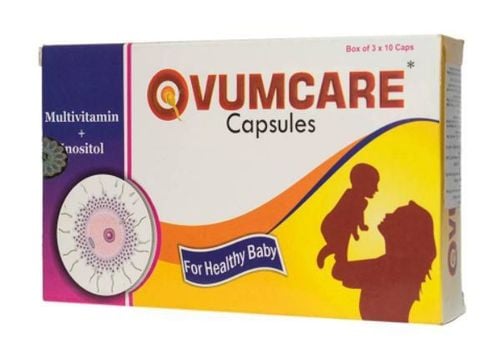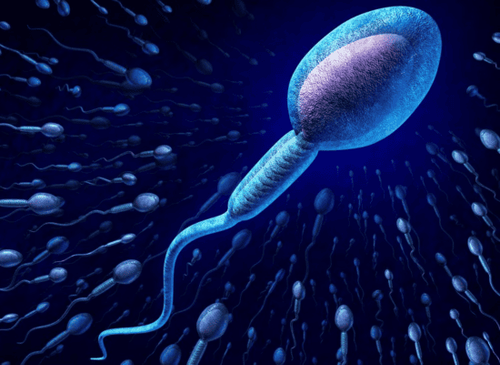This is an automatically translated article.
Healthy sperm will help increase the possibility of conception, but in fact, many men do not know how to protect their sperm, but also have an unhealthy lifestyle and diet that affects their fertility. sperm quality.
1. Sperm evaluation factors
Trắc nghiệm: Bạn biết bao nhiêu về tinh dịch?
Tinh dịch là một phần quan trọng quyết định đến khả năng sinh lý, sinh sản của nam giới. Liệu bạn đã hiểu được bao nhiêu về thành phần quan trọng này? Hãy cùng thử tài thông qua các câu hỏi nhanh về tinh dịch sau đây nhé!
Bài dịch từ: webmd.com
Sperm count: Sperm concentration in a test sample is an important indicator of sperm quality. Sperm morphology: The average size and shape of sperm in a test sample is an indicator of fertility. Mobility: Mobility measures the ability of sperm to swim to reach and fertilize an egg. Semen Volume: The minimum volume of semen required to carry sperm through the female reproductive tract.
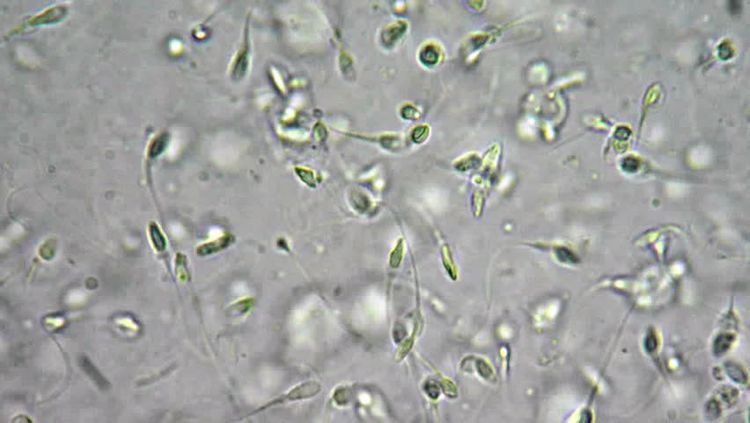
What is the smell and color of normal, healthy semen?
2. Foods for healthy sperm
Many people wonder what to eat for healthy sperm? The following are foods and substances that are believed to help keep sperm healthy, including:
2.1 Zinc is a food for healthy sperm Zinc has been shown to play an important role in regulating sperm count and sperm quality. Infertile men tend to have lower zinc levels than normal men
Zinc-rich foods you should eat include:
Oysters Red meat and poultry Shellfish, like crab and lobster Zinc-fortified breakfast cereals Seeds and beans Whole grain products Milk and dairy products
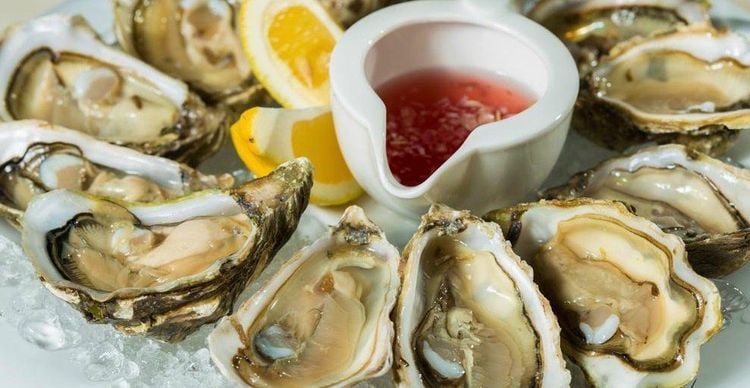
2.2 Folate is a substance found in foods that help keep sperm healthy. Folic acid, and Folate are water-soluble forms of vitamin B9, necessary for the human body's daily nutrition to serve the processes of cell renewal. cell. Folate is thought to be closely related to sperm health. Low folate levels are associated with malfunctioning sperm DNA, and lower sperm count and density.
Folate-rich foods include:
Green leafy vegetables such as spinach, romaine lettuce, brussels sprouts, and asparagus Fruits and fruit juices, especially oranges and orange juice Nuts, beans Cereals whole grains Fortified breakfast cereals Starchy products like bread and pasta 2.3 Vitamin B12 Vitamin B12 is an important nutrient for overall sperm health. Research has shown that it improves sperm motility, increases sperm count, and reduces sperm DNA damage.
To get enough vitamin B12, you should eat:
Fish and seafood, especially clams Meat and poultry, especially liver Dairy products, eggs Fortified breakfast cereals Nutritional mushrooms
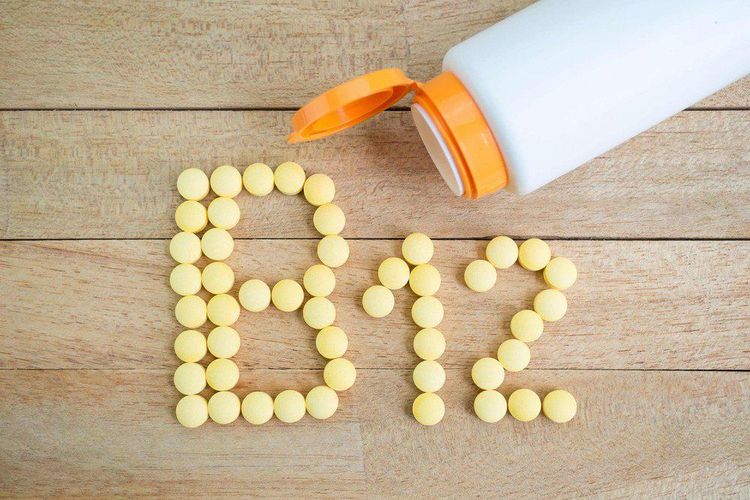
2.4 Vitamin C Vitamin C is an antioxidant that plays an important role in male fertility. Increasing vitamin C intake has been shown to improve sperm motility, number and morphology.
Vitamin C is abundant in the following dishes:
Fruits and juices Sweet peppers Kiwi, strawberries, cantaloupe Tomatoes, broccoli, Brussels sprouts, cabbage, potatoes Fortified breakfast cereals, produce Dairy products 2.5 Vitamin D Vitamin D supplements have been linked to increased testosterone and improved sperm motility. However, another study found that low vitamin D levels were not a risk factor for poor sperm quality. More research is needed to really understand whether vitamin D works. Foods rich in vitamin D include:
Fish oils, such as salmon, mackerel and tuna Beef liver Cheese Egg Yolks Vitamin D fortified milk, yogurt and other products Mushrooms
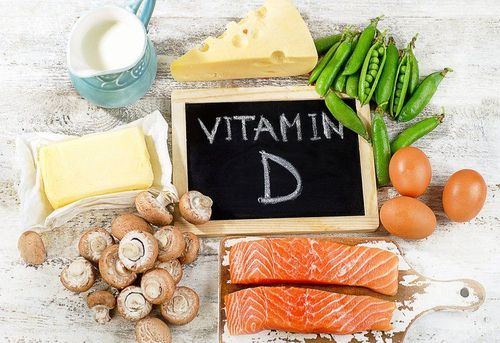
2.6 Vitamin E Along with other antioxidants, vitamin E can help improve sperm quality. Vitamin E has antioxidant properties that protect sperm from damage. The following foods are rich in vitamin E:
Vegetable oils such as corn, safflower, sunflower and soybean oils Seeds and beans Green vegetables such as broccoli and spinach Vitamin E fortified juices, margarines and products 2.7 Coenzyme Q10 Coenzyme Q10, also known as CoQ10, is an antioxidant that all living cells need to function. Research shows that CoQ10 supplements can increase semen quality in infertile men.
Coenzyme Q10 is found in:
Meat and poultry, especially beef and chicken Fish, such as herring and salmon Vegetable oils, including soybean and canola oils Beans and seeds, especially peanuts , sunflower seeds and pistachios
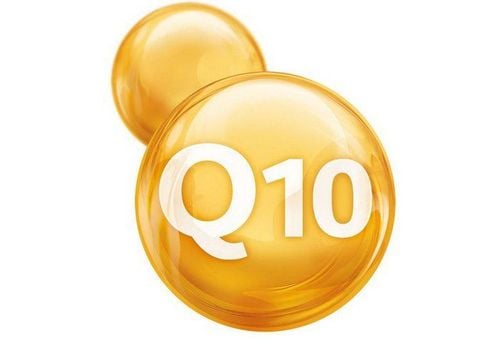
2.8 Aspartic Acid Aspartic acid is an α-amino acid that is involved in the regulation of male sex hormones, such as testosterone. Some studies have shown that D-aspartic acid sodium supplements can increase sperm density and motility.
To get enough aspartic acid, you should eat:
Meat and poultry Eggs and dairy products, including low-fat milk, cheese and yogurt Grains, such as oat bran, rice and pasta Supplements Fresh and Dried Fruits Breakfast Cereal Fortified with Aspartic Acid 2.9 Omega-3 Fatty Acids Omega-3 has many health benefits, including increased sperm count, motility and morphology.
The following foods are high in Omega 3:
Fish and seafood, especially salmon, mackerel, tuna, herring and sardines Nuts and seeds, including chia seeds, flaxseeds and walnuts Plant-based oils, such as flaxseed, soybean, and canola oils Eggs, yogurt, and beverages fortified with Omega 3

2.10 L-arginine The amino acid L-arginine plays a number of different roles in male fertility. Inside the body, it converts to nitric oxide, which promotes sperm function. L-arginine supplementation has been shown to increase sperm count in rabbits at certain doses. However, the same study found that too high a dose of L-arginine reduces sperm motility. You should consult your doctor about how L-arginine may affect you before adding more to your diet.
The following foods are high in L-arginine
Meat and poultry, such as pork loin, turkey and chicken Legumes and seeds, especially pumpkin seeds and peanuts Beans and lentils Dairy products 2.11 Fenugreek Fenugreek extract can increase testosterone levels, which is closely related to sperm production and health. However, the results of these studies are not consistent. One study found that fenugreek seed extract was only able to maintain healthy testosterone levels. Participants took 600mg of fenugreek seed extract daily for 12 weeks.

2.12 Ashwagandha Root Ashwagandha Root, or withania somnifera, is an herbal remedy with antioxidant properties. Some recent studies show that Ashwagandha root can improve quality. In one study, participants who took 5 grams of Ashwagandha root powder for three months experienced a significant improvement in semen quality.
2.13 Limit Alcohol and Soy Drinking too much alcohol can have a negative impact on sperm production and quality. According to the Centers for Disease Control and Prevention, men should have no more than two drinks per day. High soy intake has also been linked to low sperm counts. You may want to limit your intake of soy-based foods, such as:
Soy milk Soy sauce Miso Soy Sauce Fermented Soy Tempeh Tofu Not only a daily diet but a healthy lifestyle, like reducing Weight loss and smoking cessation can also affect sperm quality. You should consult your doctor before taking steps to improve sperm.
Customers who need accurate examination and advice on fertility can choose Reproductive Support Center - Vinmec International General Hospital. The center currently gathers a team of leading experts in the fields of obstetrics and gynecology, domestic and international, and a team of doctors and nurses trained in the world's leading countries in medicine such as the US and Singapore. , Japan, Australia and world famous Assisted Reproductive Centers. With a high level of expertise and extensive experience, the team of experts at Vinmec Fertility Center are capable of synchronously and comprehensively deploying today's most advanced assisted reproductive techniques, helping to realize fulfill the parenting dream of hundreds of families across Vietnam.

Please dial HOTLINE for more information or register for an appointment HERE. Download MyVinmec app to make appointments faster and to manage your bookings easily.
Reference source: healthline.comRecommended video:




